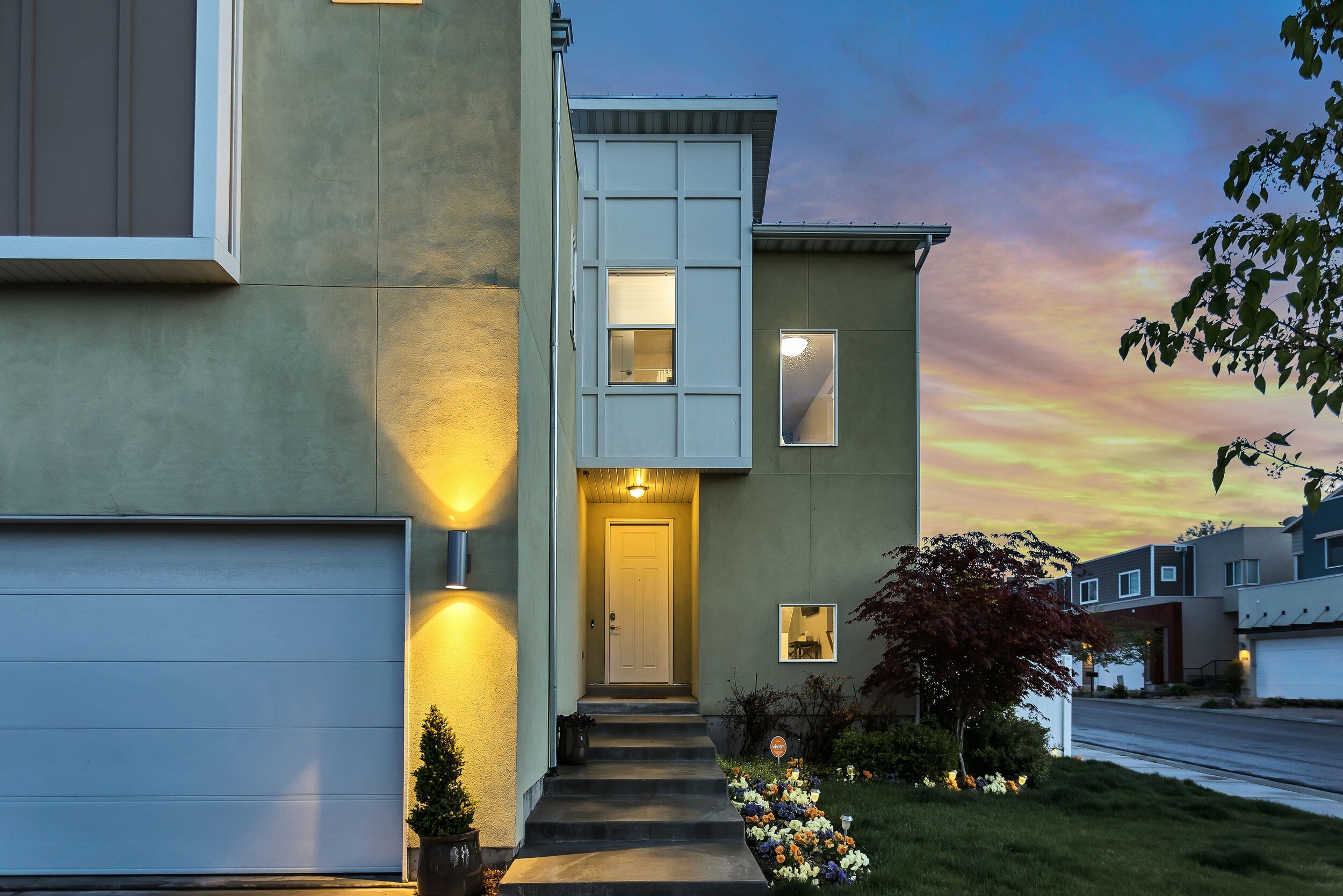First-time home buying guide: Everything you need to know
A home is where we find peace and happiness no matter where we go. Yet, buying one for the first time can be really exciting if you've been saving for decades. But it can be equally daunting if you're unaware of basic home-buying tips if it's your first time. Stepping into real estate for the first time can be challenging because of the volatile and sky-rocketing prices of homes in the market.
With that said, here are some simple yet effective home buying tips to make your first-time buying experience worth remembering forever.
1. Save a down payment
Your down payment is probably the first investment you'll make for your house. And the percentage of down payment ranges depending upon the value of the house. Most of the buyer programs offer single-digit down payments, whereas many of them offer helpful mortgage options. Whatever you choose, make sure it's not more than 20% of your whole home finance, has a low initial interest rate, and a one-time investment so that you are done with this huge responsibility in the first place.
2. Apply for loans
Buying a 3-room apartment today at a nice place looks nearly impossible for a middle-class. Yet, the only option that seems right and helpful is a bank loan. You have to be pre-qualified for a loan according to your budget of investment and then settle for the interest rates, installments, or whatever the mortgage lender asks for. Make sure you at least have 80% of home cash from the loan and 20% by your own. It will help you not fall into the trap of debt and stabilize yourself financially in some time.
3. Know your limits
As soon as you decide to buy a home, you should have a rough price range in your mind that you won't exceed. This not only helps in targeting houses that fall in your price range and compare one with another. However, you must know the great deals revolving around the market but only stand up for one that meets your price requirements. Ultimately, you'll soon get your perfect home after analyzing different homes of the same prices and extra costs accompanying them.
4. Pay for closing costs
Closing costs are very similar to down payments and have to be paid along with it. They have an average range of 3% to 4 % concerning the price of your home. The correct amount of these fees is suggested by the lender and a brief description of where it will be invested. Normally these costs go for appraisal, home inspection, credit report, attorney, homeowner's insurance, etc. Make sure you have closing costs in your hand right after you pay for the down payment.
5. Analyze the competitions
Let's suppose that a house you see today at a price of $300,000 that becomes the most expensive property in the market overnight or vice versa. As an example, Los Angeles real estate market is considered the most competitive place for buying and selling houses. Only 60 out of 100 deals come up to be successful due to high economic volatility there. So, if you're looking for a house there or maybe not, considering their real estate price fluctuations can give you a bigger picture of how you should make your offers and succeed in that.
The only way to buy a home that will be 10x worth in the upcoming times than for the value you bought today is to get every intricate detail right from the start. No one wants to make an impulsive decision that becomes a nightmare in the new house. Hiring a real estate agent, like Whitney Johnson can make a tremendous difference in finding your ideal first purchase. She has a track record of success, helping her diverse clientele find the ideal home for their needs. She, along with her Los Angeles based team at Crown Properties are highly versed in all the above and will get the job done for you in the best way possible.
Happy Buying !
